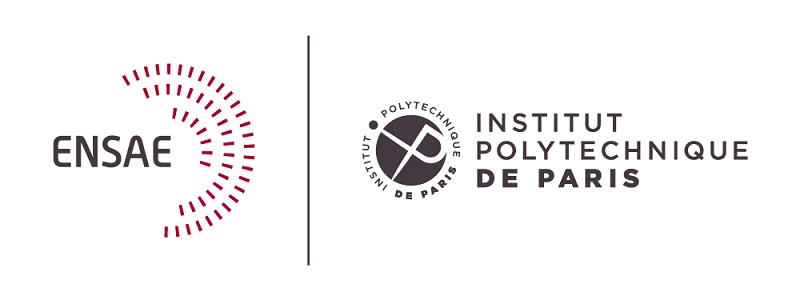Voter coordination in elections : a case for approval voting
Résumé
We study how voting rules shape voter coordination in large three-candidate elections. We consider three rules, varying according to the number of candidates that voters can support in their ballot: Plurality (one), Anti-Plurality (two) and Approval Voting (one or two). We show that the Condorcet winner—a normatively desirable candidate—can always be elected at equilibrium under Approval Voting. We then numerically study a dynamic process of political tâtonnement. Monte-Carlo simulations of the process deliver rich insights on election outcomes. The Condorcet winner is virtually always elected under Approval Voting, but not under the other rules. The dominance of Approval Voting is robust to alternative welfare criteria and to the introduction of expressive voters.
Origine : Fichiers produits par l'(les) auteur(s)
